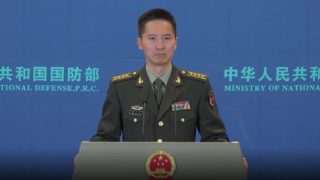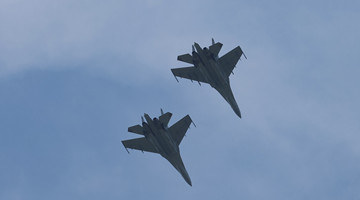Biological Weapons Convention violations
The Insect Allies plan has been labeled as a "biological weapon" by Western scholars since the day it was announced, triggering a big discussion in Western academic circles and the media about whether the plan violates the United Nations' Biological Weapons Convention (BWC).
"Because of the broad ban of the Biological Weapons Convention, any biological research of concern must be plausibly justified as serving peaceful purposes. The Insect Allies program could be seen to violate the Biological Weapons Convention, if the motivations presented by DARPA are not plausible," the Max Planck Institute article noted.
As the cornerstone of international biological arms control, the BWC was ready for signing in 1972 and went into effect in 1975, with more than 180 state parties.
However, the US first pushed for the striking down of the BWC, but later became the only country to oppose the establishment of a multilateral verification mechanism for the convention.
"To use insects as a vector to spread diseases is a classical bioweapon," Silja Voeneky, a professor of international law at the University of Freiburg in Germany, told The Washington Post.
According to Voeneky, in this program, using insects as a key feature is "particularly alarming, because insects could be deployed cheaply and surreptitiously by malevolent actors."
Her worry is echoed by Chinese military expert Song Zhongping, who also called the Insect Allies technology a "typical form of biological weapons."
"It could reduce crop yields in targeted countries and artificially create food crises there. Then it loses its independence in the food sector and might become dependent on US food exports, including genetically modified food, which is part of biological warfare," Song said.
Song believes that the US really needs to explain why insects are to be used as vectors in this research, especially as insects could quietly disseminate viruses into crops in other countries.
"It is not difficult to understand why the US will set up biological laboratories around rival nations, because only in these places can the labs ensure the localization of the species they use in experiments," he said. "For instance, it would be problematic if they bring American insects to a lab in Ukraine and release them in Russia."











